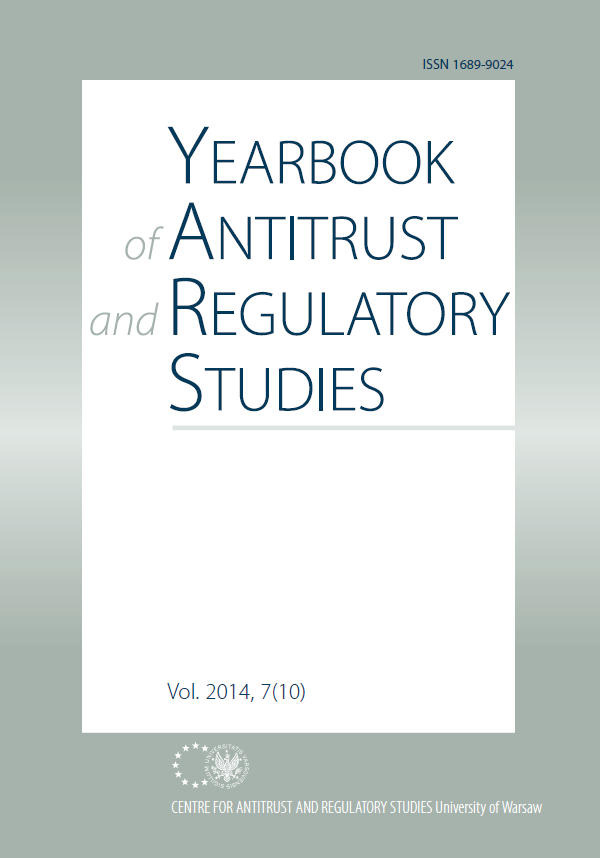Plausibility, Facts and Economics in Antitrust Law
Plausibility, Facts and Economics in Antitrust Law
Author(s): Mariateresa MaggiolinoSubject(s): Business Economy / Management, Commercial Law
Published by: Wydawnictwo Naukowe Wydziału Zarządzania Uniwersytetu Warszawskiego
Keywords: Plausibility; antitrust evidence; standards of proof and economic models
Summary/Abstract: According to EU competition law, the existence of an anticompetitive agreement can be inferred from a number of coincidences and indicia only in the absence of another plausible explanation of the facts at stake. According to U.S. federal law (antitrust law included), only a complaint that states a plausible claim for relief can survive a motion to dismiss at the pleading stage. What is plausible, however? After explaining the relationship between facts and evidence law, this chapter analyses the general meaning of the notion of plausibility, discusses the degree of discretion that it introduces, how it affects the justifications that judges and fact-finders make for their choices, and remarks on how this concept relates to substantial accuracy. On the other hand, the chapter acknowledges that antitrust law, by relating our understanding of what is plausible to economic models, debunks these concerns and raises another striking issue. Since economics is rooted in various axioms and value-choices, the link that antitrust law establishes among plausibility, standards of proof and economics grants to these axioms and value-choices the possibility of affecting the antitrust decisions about facts, although these decisions (as all factual decisions) should amount to pure descriptions of the concrete facts disputed at trial or during the administrative procedure.
Journal: Yearbook of Antitrust and Regulatory Studies (YARS)
- Issue Year: 7/2014
- Issue No: 10
- Page Range: 107-127
- Page Count: 21
- Language: English

